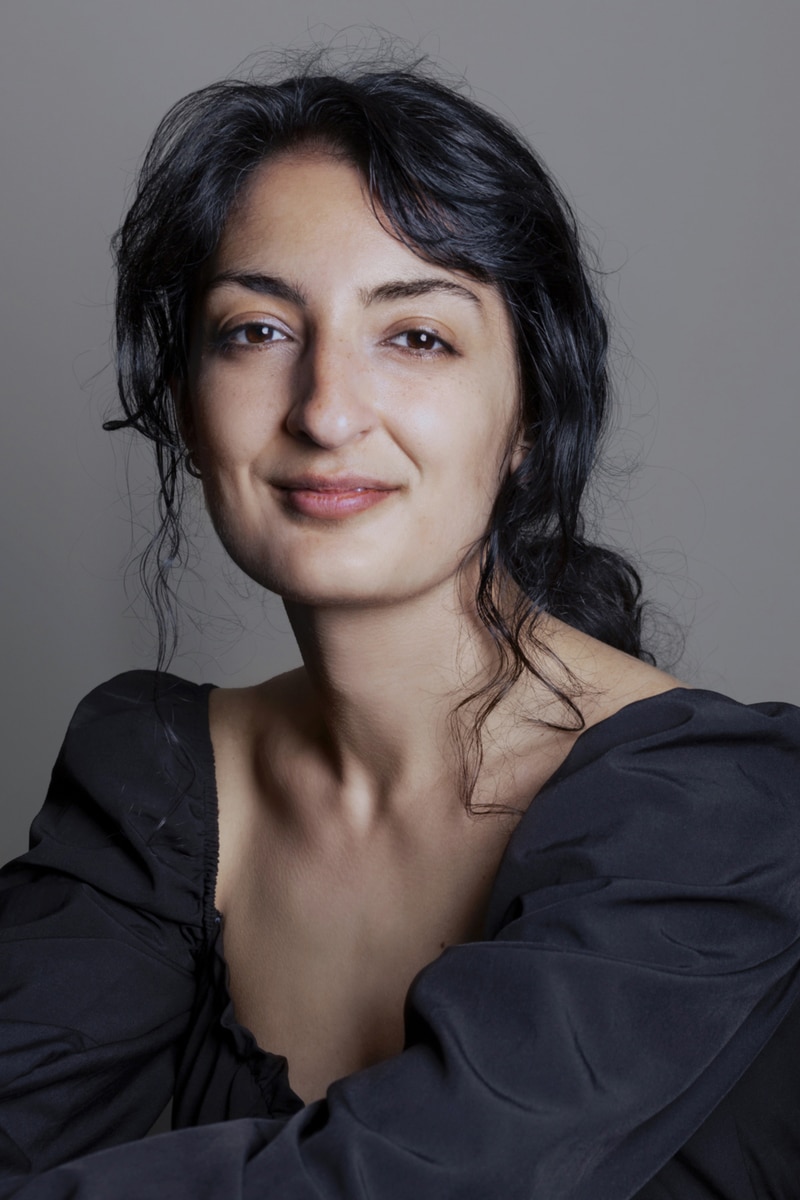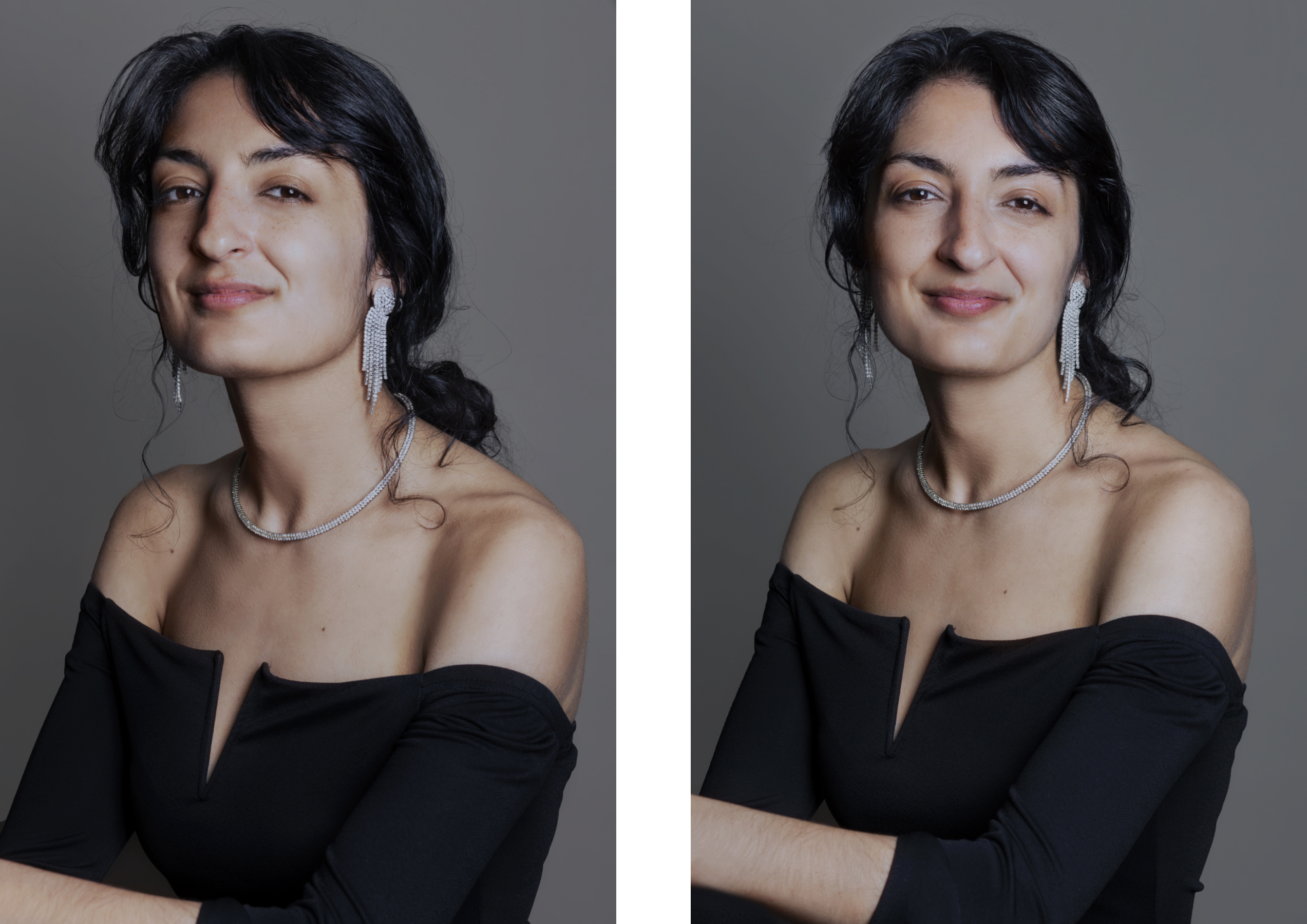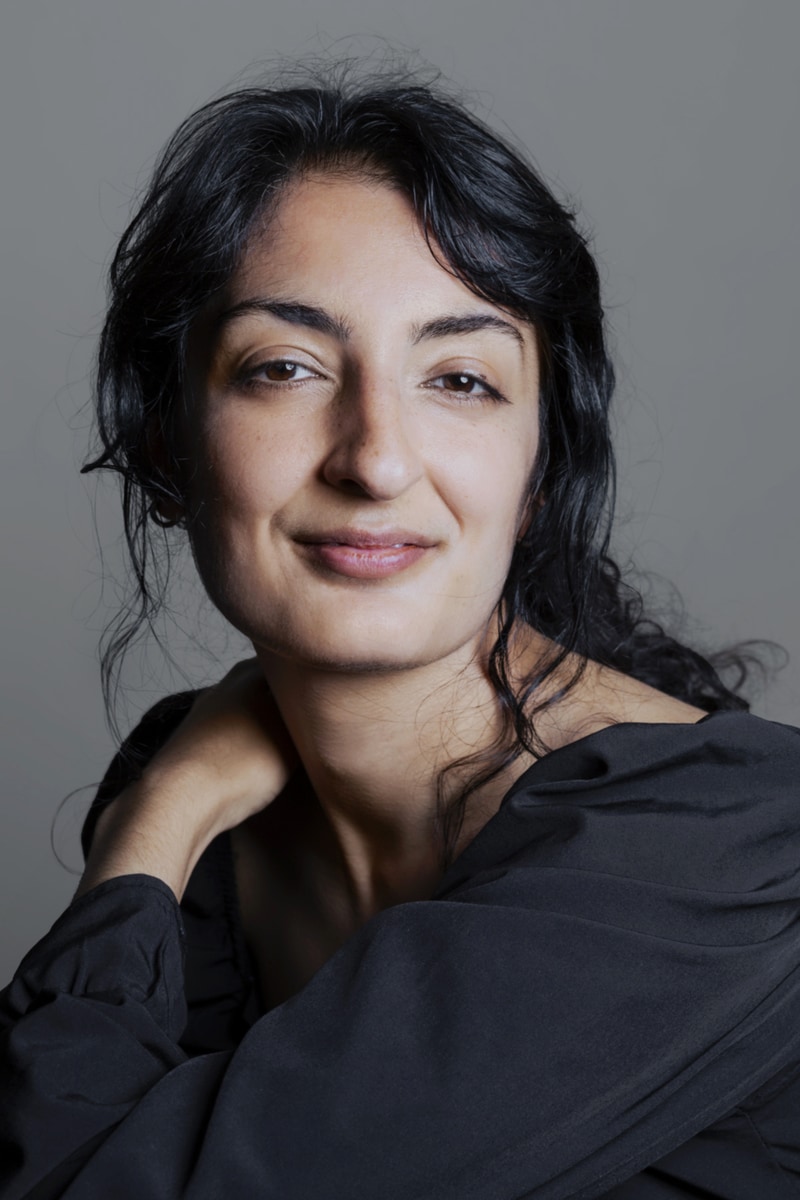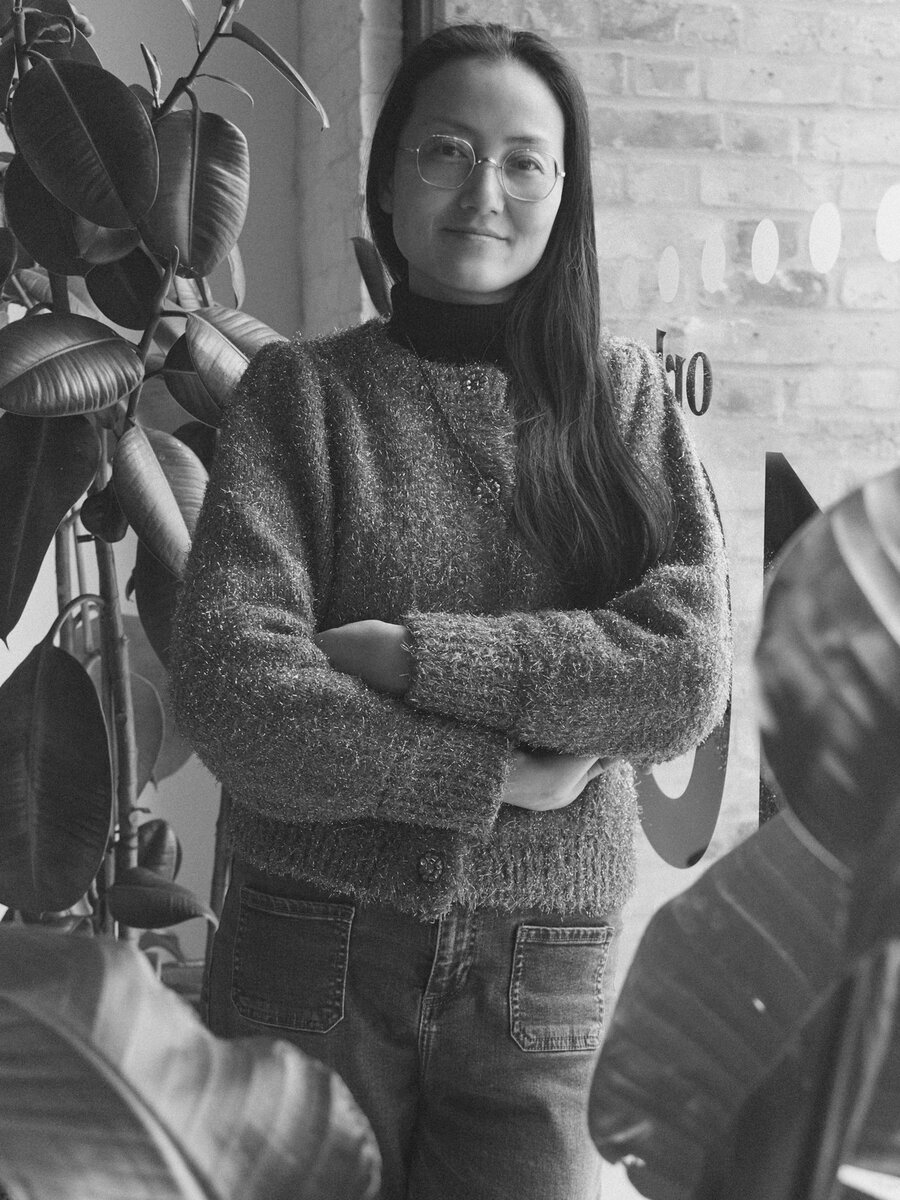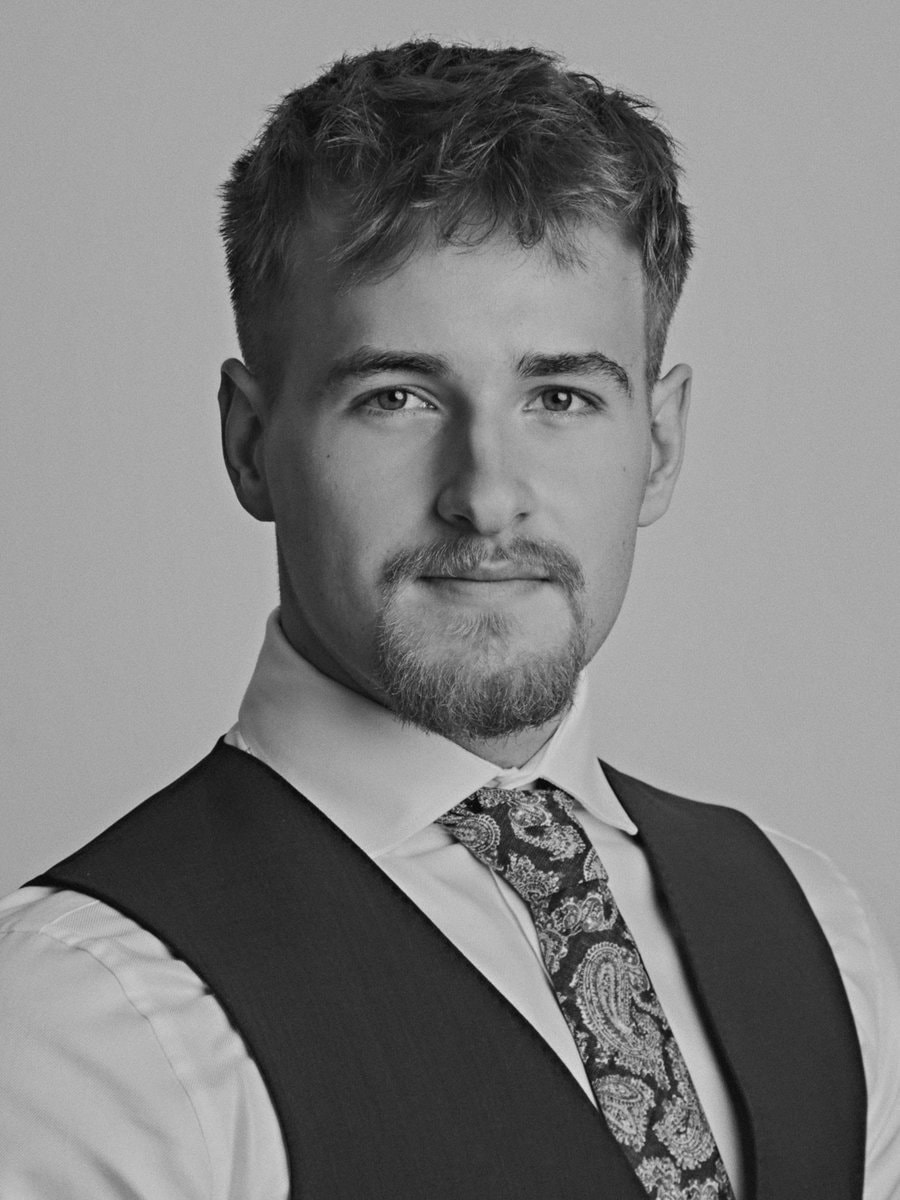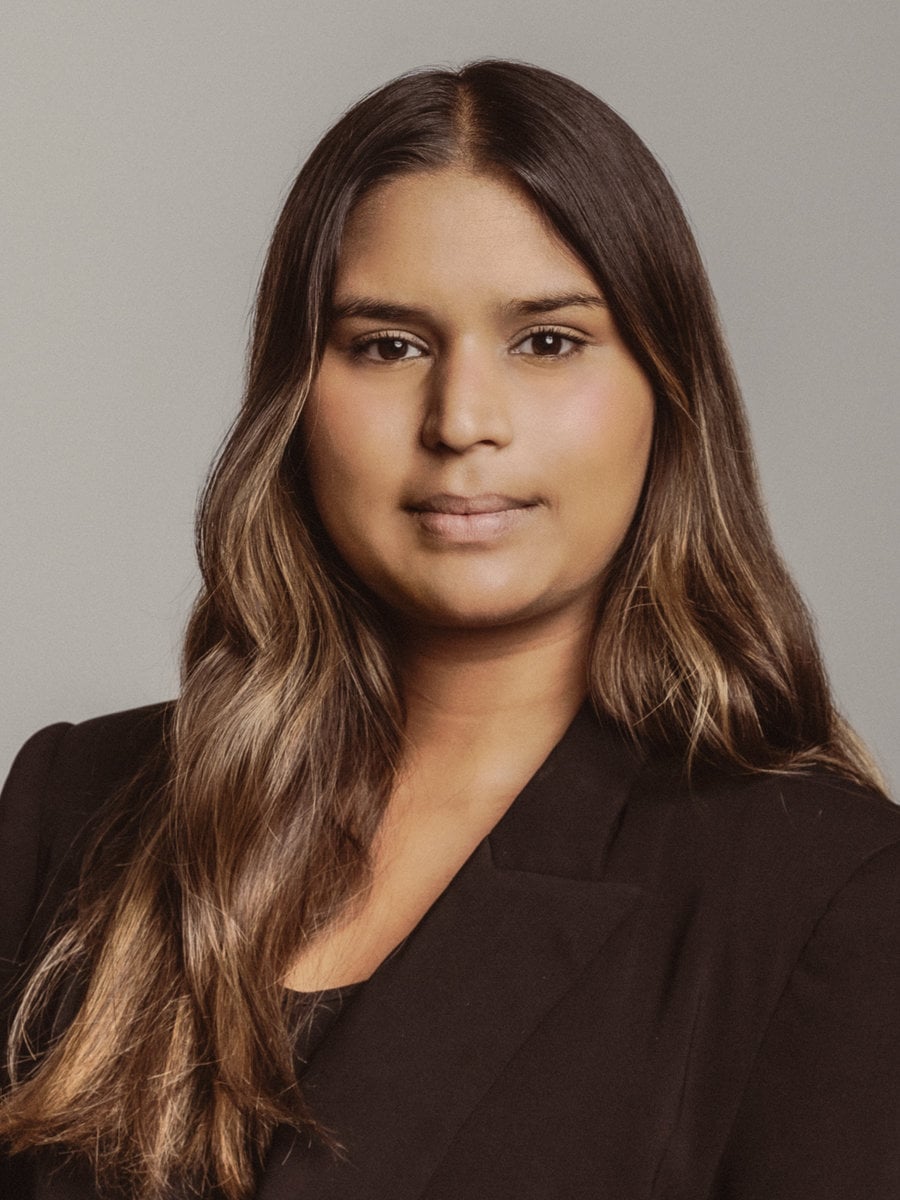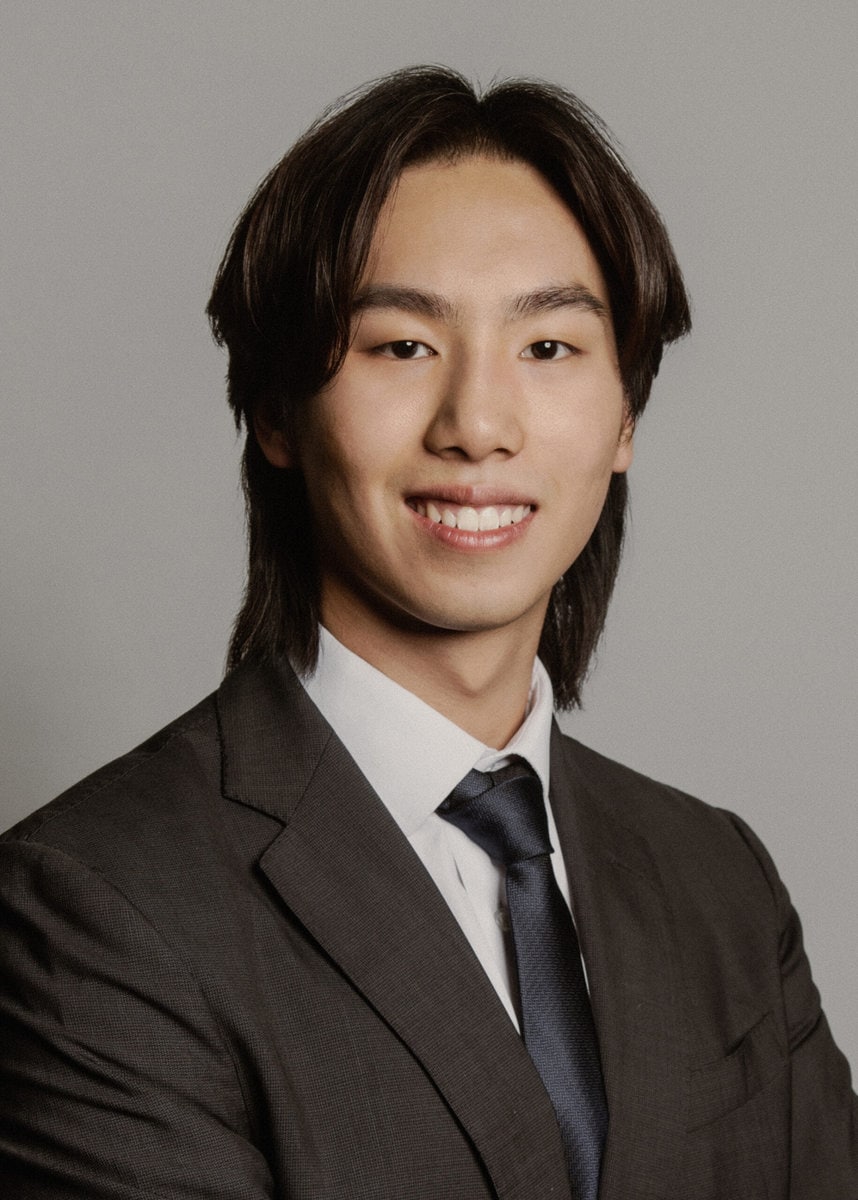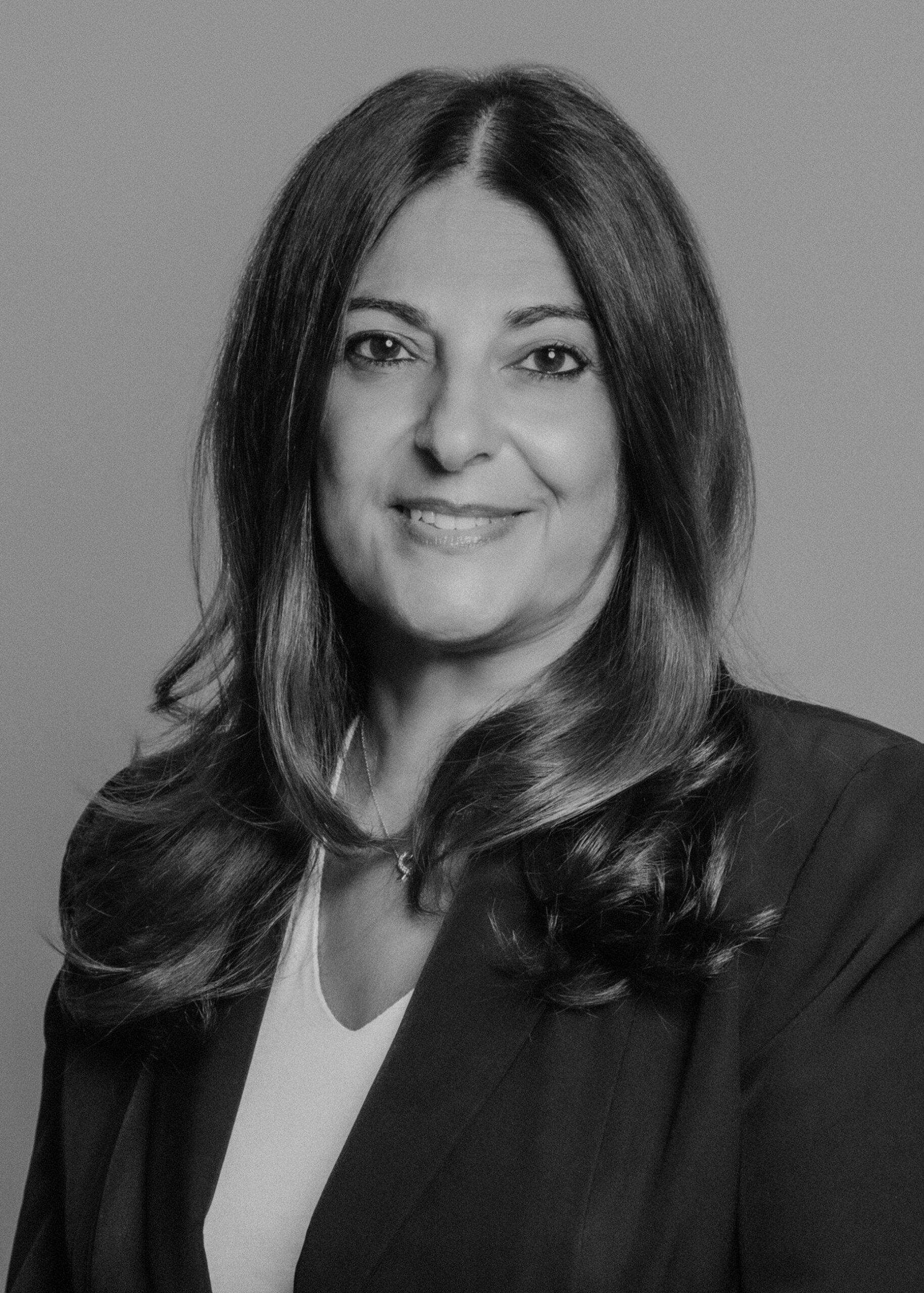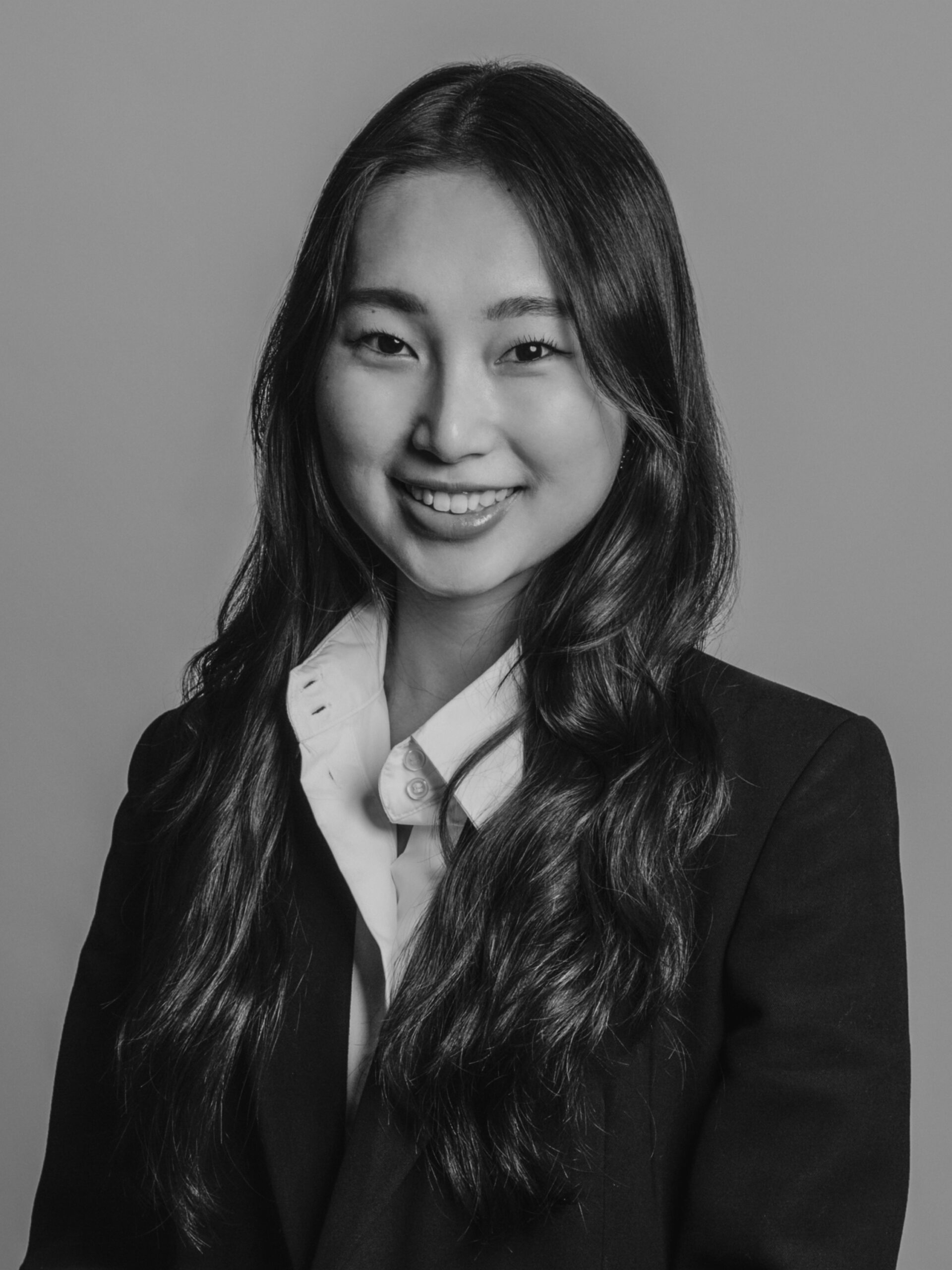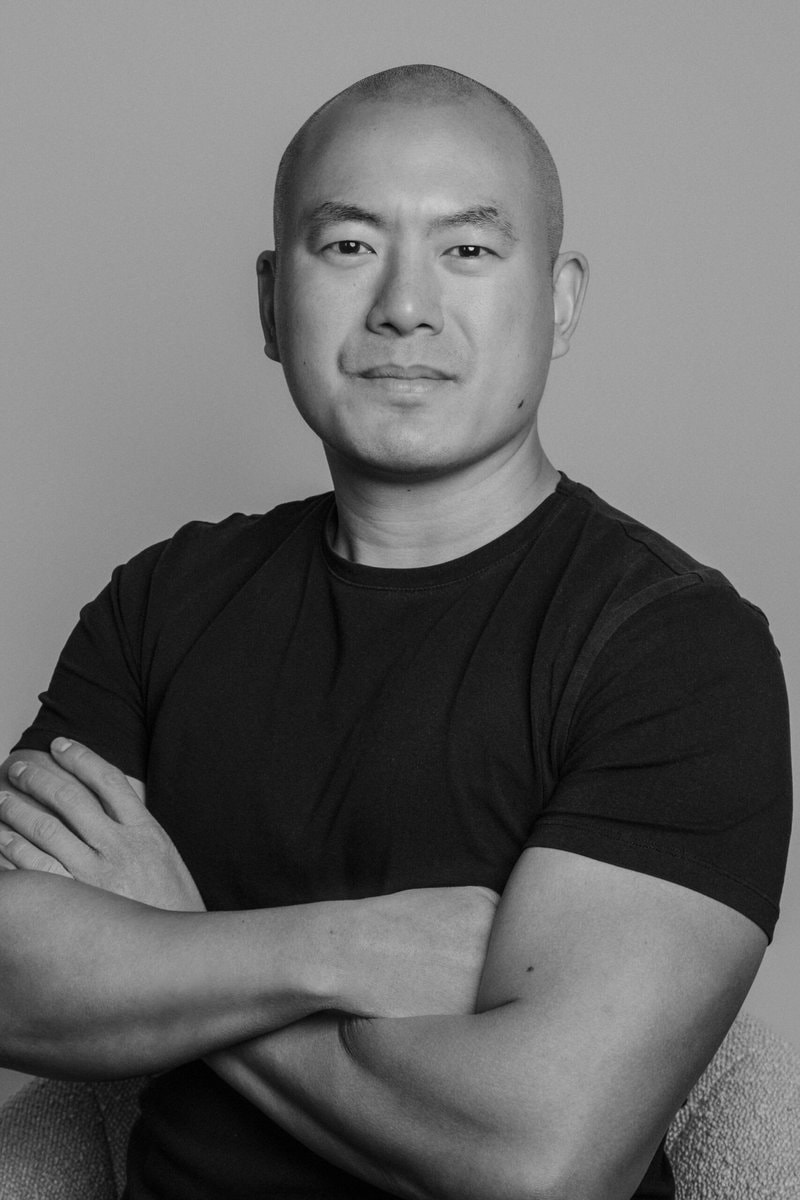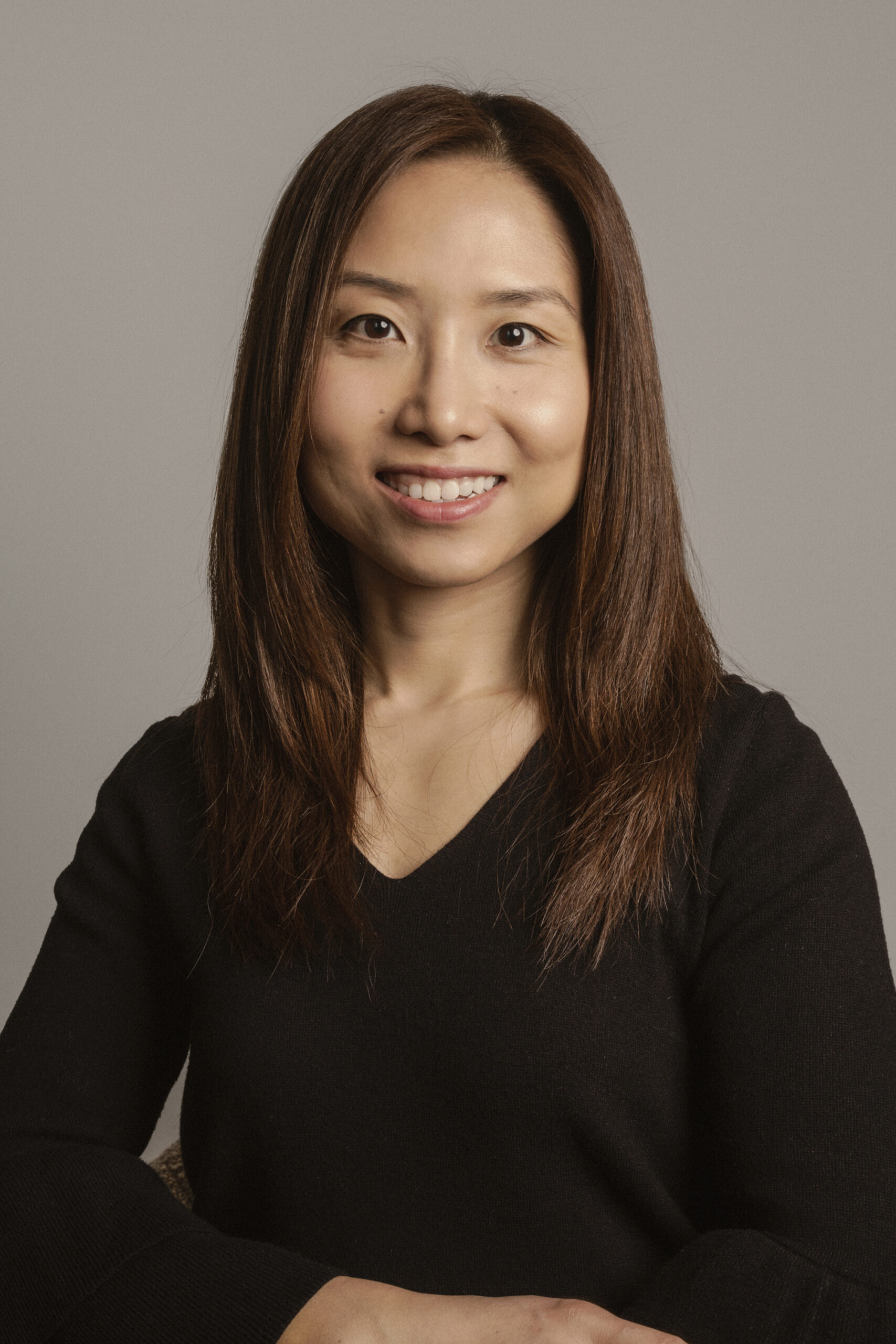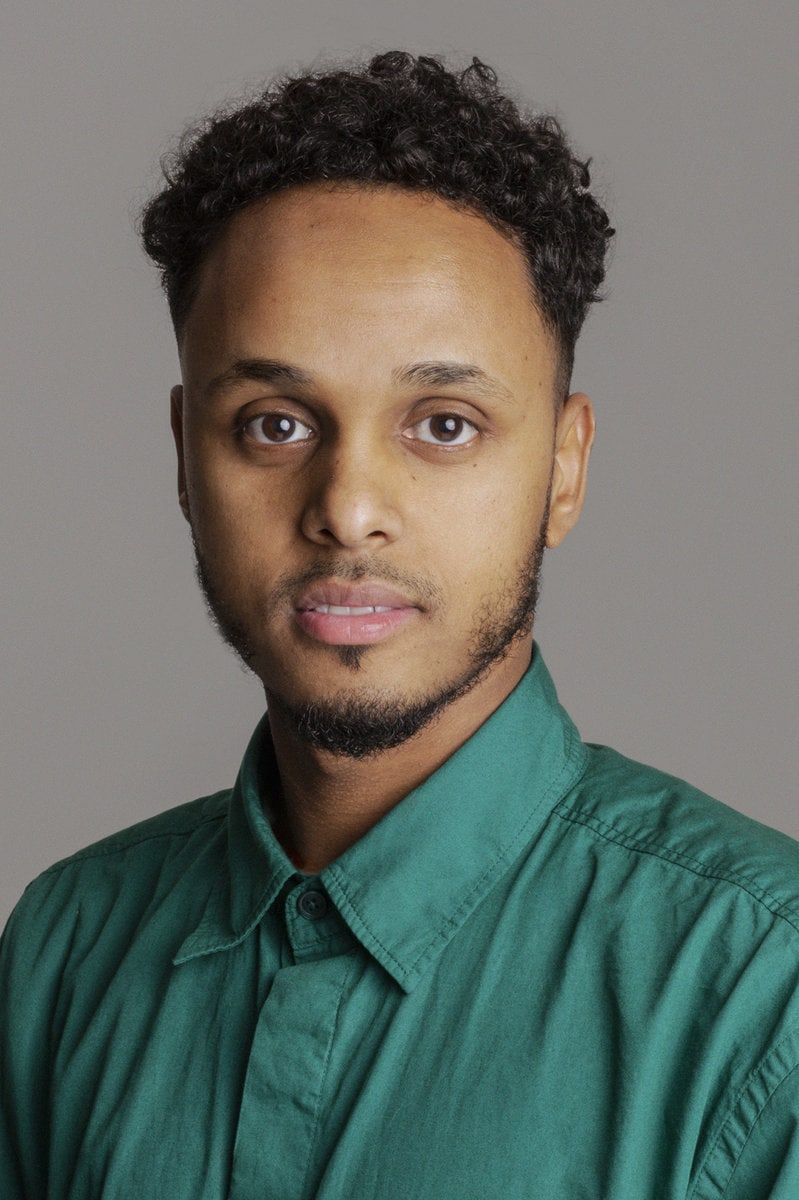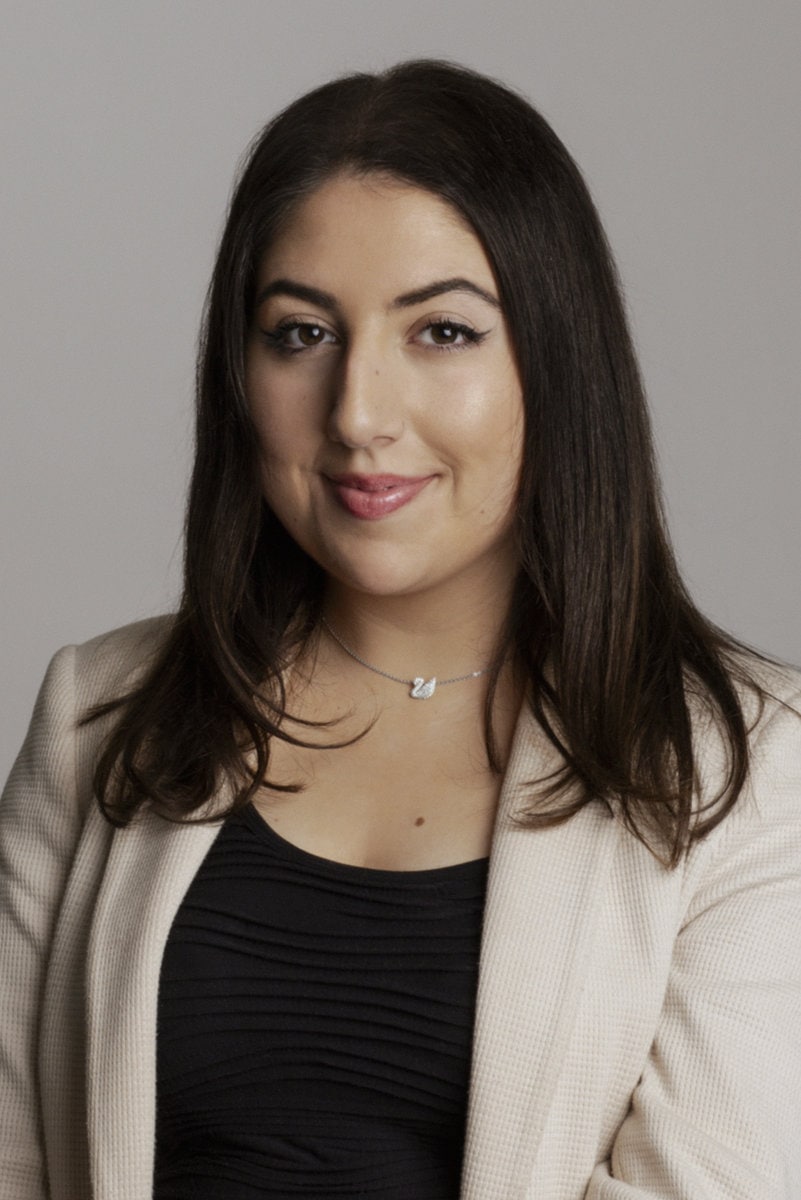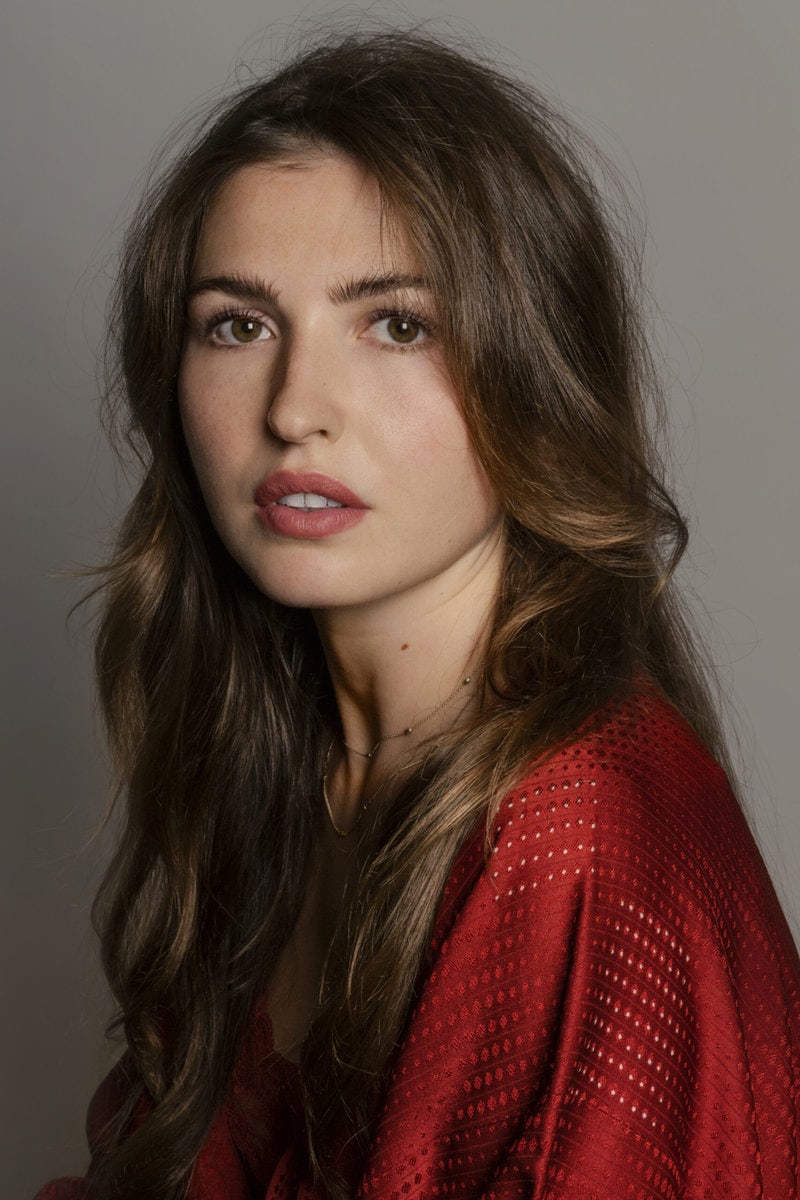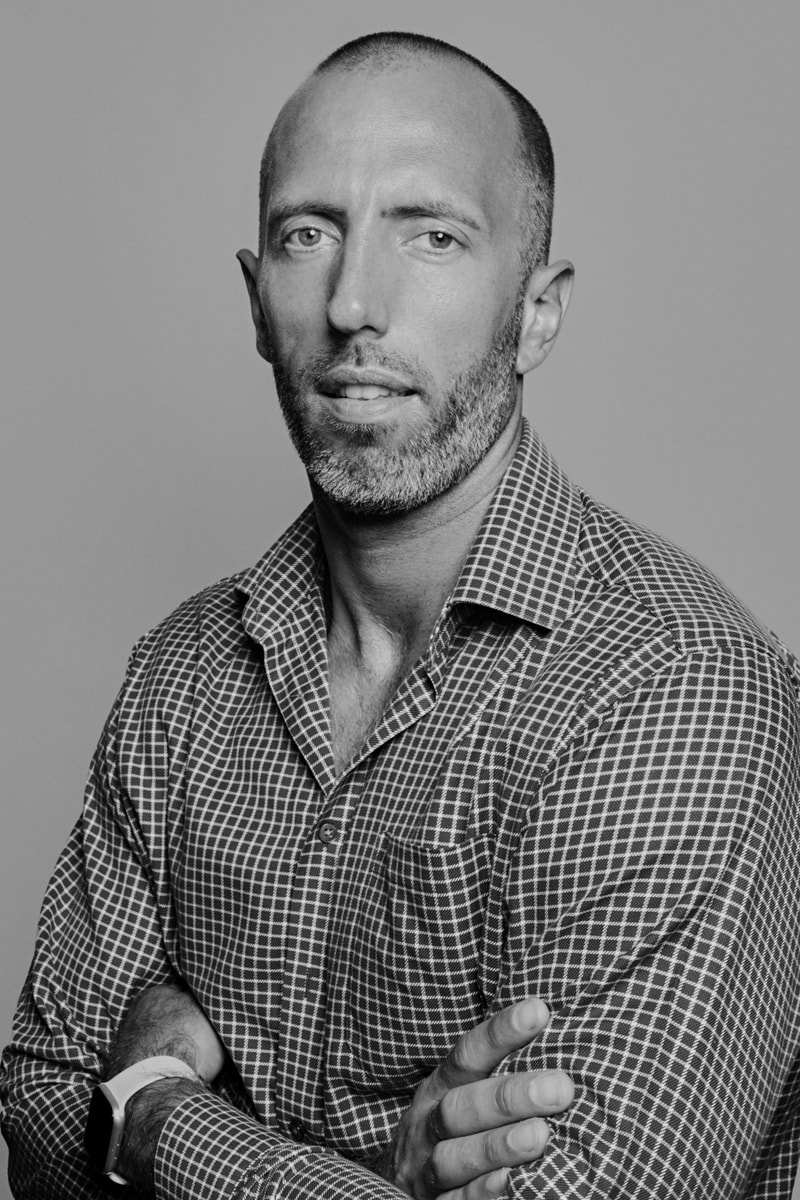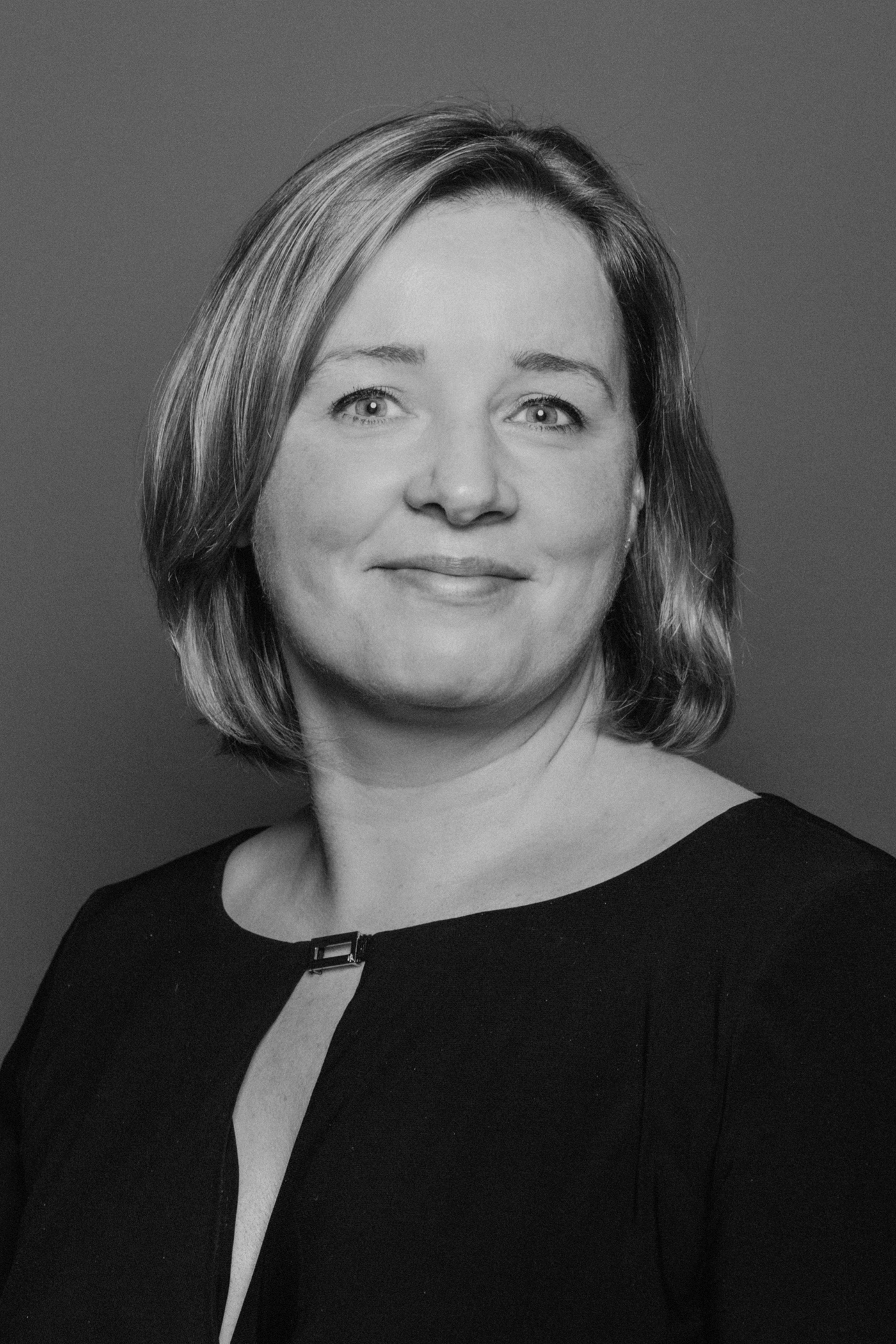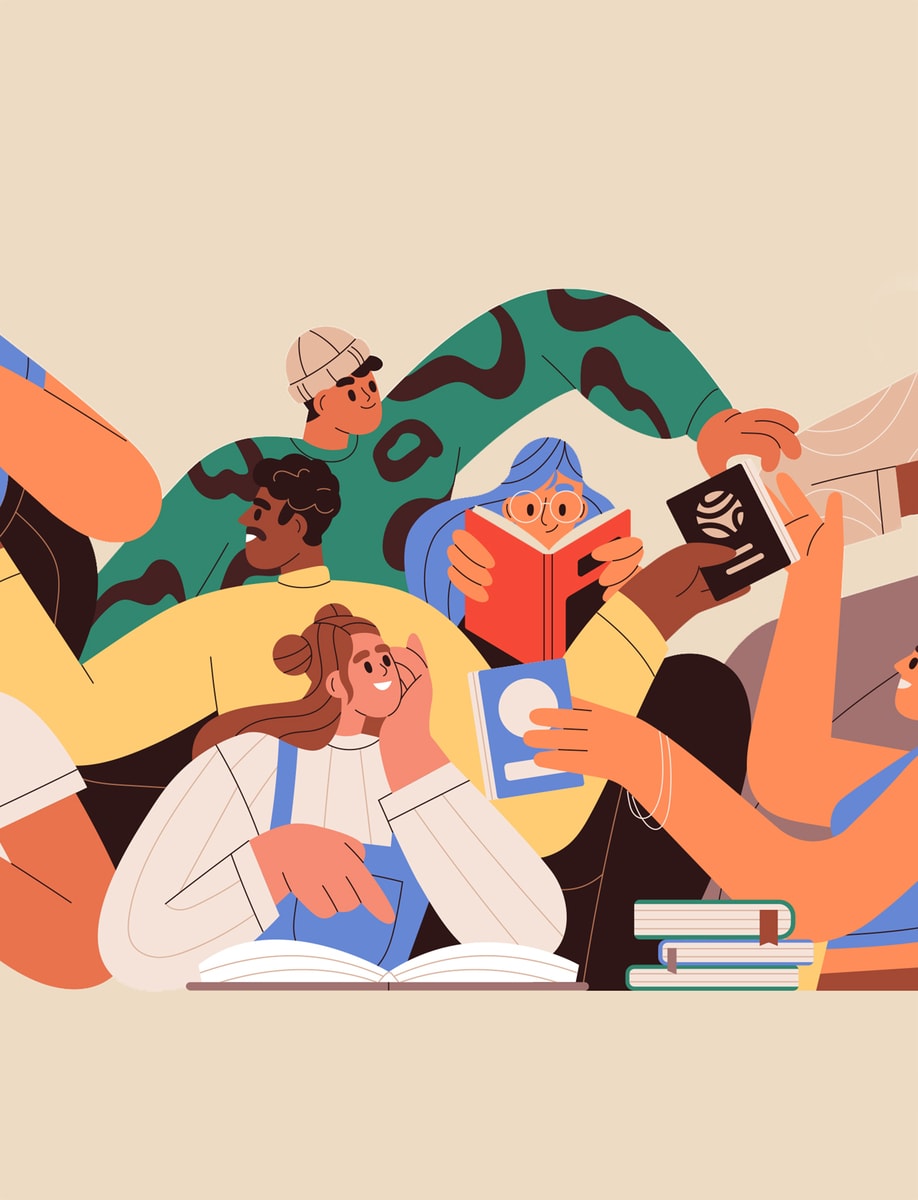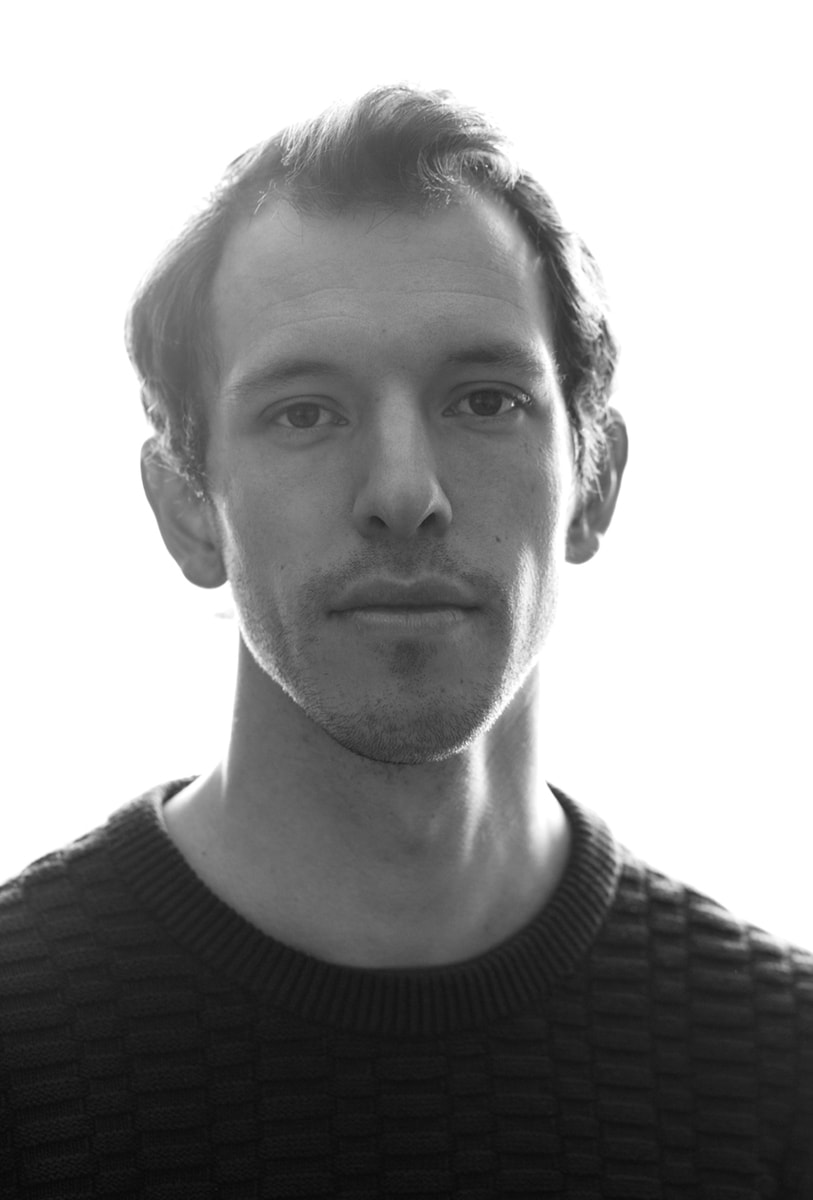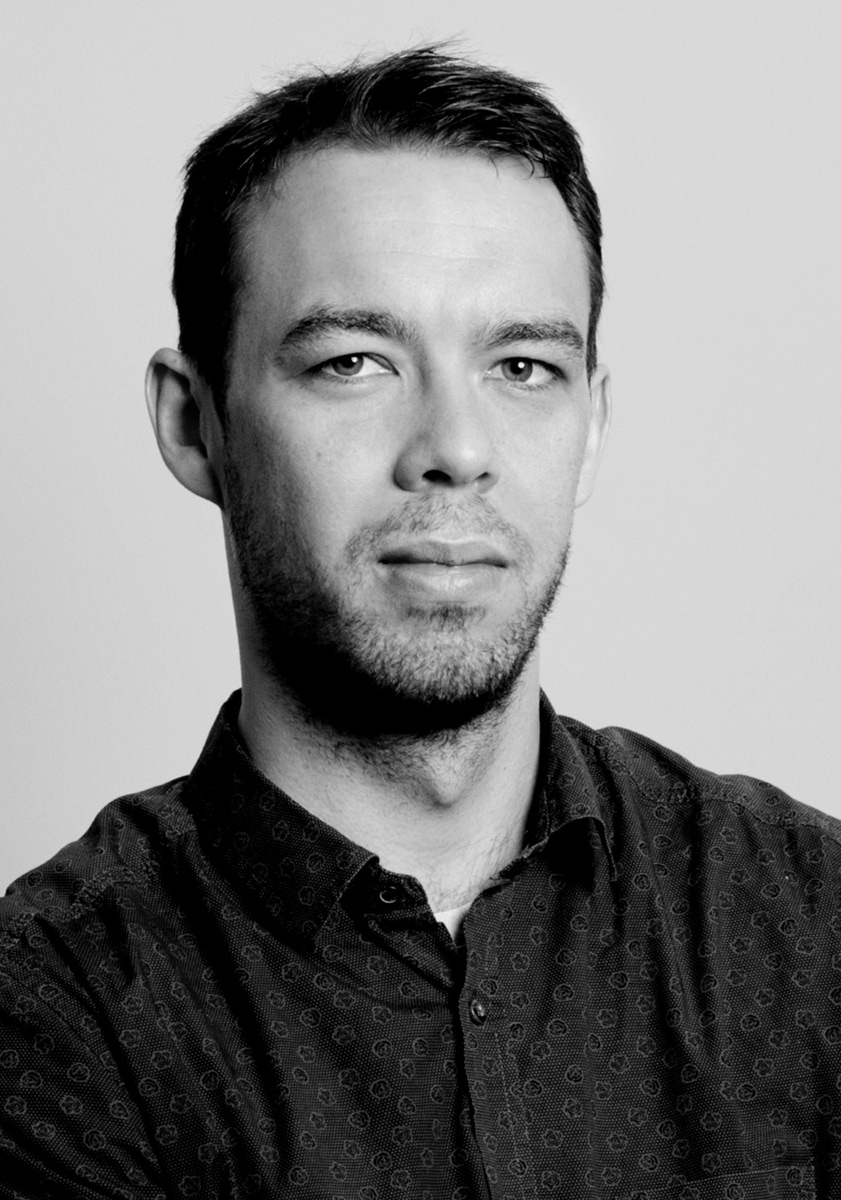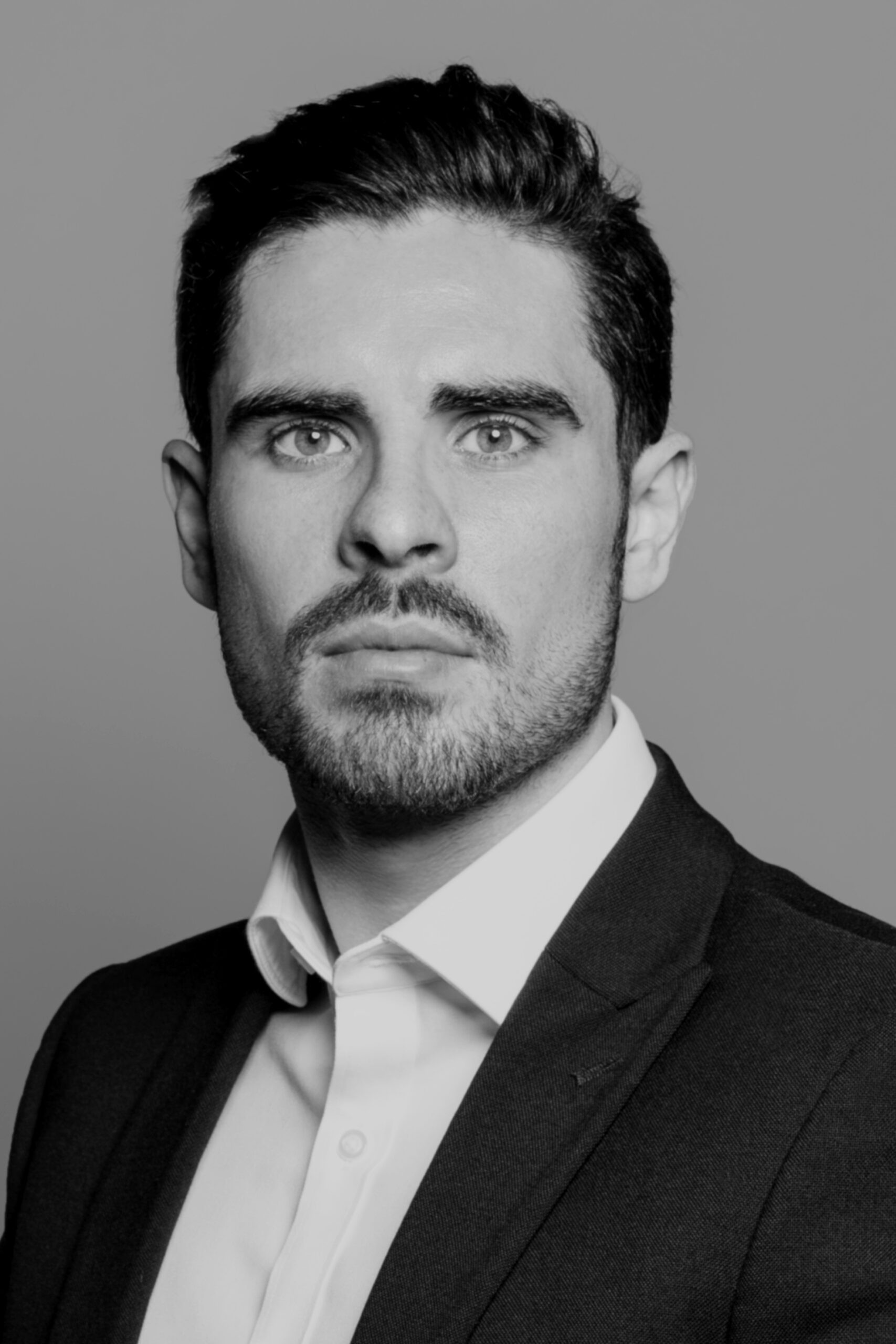Could you describe your career until now?
When I was younger, I found it really hard to communicate as a child: I was quite shy at school and music was one area where I felt that I could express myself and it was my voice, and that is what then made me want to pursue that as a career to help other people find their voice through the arts too. I studied at Aberdeen university—I did my ‘B of Arts’ up there; my Bachelors of music, and it was geared towards education—I knew I didn’t want to do classroom education, I’d rather teach one to one, and skills to do with performance. Then when I left university I lost my passion for singing—I found that I was a wee bit stifled, maybe from the environment I was in: I didn’t feel like I really fitted in and I started to breed some insecurity there, which then actually led me to teaching children, because I noticed that in children, when they were growing through their arts they would get to a point where they would maybe feel a wee bit nervous or self-conscious about showing themselves off, so I felt that this correlated with this time that I felt that as well, and that’s what I think was really building my fulfilment with teaching—using music and using performance to build confidence.
What do you do?
I used to say that I was a music teacher, and I am. But I’ve discovered that I love creating myself as well, so I’d say musician and writer at the moment—they are my titles as such.
What instruments do you play?
I play violin, clarinet, piano, and voice. I’m a voice teacher so I’m training other people’s voices as well.
What type of singer are you?
I’m a soprano, so I’m in the highest range, and then you’ve got alto which is the middle voice which I can also teach because it’s within my range.
… so women don’t usually sing at the lower end?
Generally… but there are altos that can go into tenor range: they can go really quite low, and then you do get some men who can go into countertenor, and they are almost like soprano range, so they’ve got supper high voices—which can be quite rare. And everyone’s vocal range is a little bit different; some of them can bridge—you’ve got mezzo-soprano and alto, and that sits in the middle.
What’s your favourite thing about your job?
Connecting with people through music, again the idea of communication, when I’m on stage performing myself, and when I’m writing my own music, because that’s something I’ve just discovered within myself; I’ve written music since I was 14 years old, but that’s something that’s just flourished over the last year in lockdown when I’ve had more time to myself and being able to do that through online means. I’d say communication is one of my favourite things—being able to connect with myself on an emotional level, and being able to help others discover different facets of themselves through music.
And what’s your least favourite thing?
Having to fit into certain moulds and certain creative constructs at times, because sometimes you can be doing an opera, you can be doing… even in my own creativity, writing a song with a brief behind it; but you want to change that up, you want to make it your own, especially in classical music, if you are singing a Mozart Aria, you really have to stick to the page; it’s really important that you stay true to what the composer wants, and that can be quite stifling creatively, and I’ve noticed that when I have done classical things, the idea of building technique is to drum out the impurities and flaws in your voice, and I think that sometimes that makes you lose your… what makes you unique; what makes you you. So that’s the bit that I sometimes don’t like in developing technique, sometimes taking away from somebody’s flaws that makes them the thing that they are.
If you could pass on one piece of life or business advice, what would it be?
I think for me, it’s—to find comfort wherever you are in that moment. Sometimes you can start to feel insecure in your career, and it can be the one reason why you turn away from something you really love. Even though you know in your heart of hearts you do love something, but maybe it’s just the external environment you’re in at that time, or the mould or the creative brief that you’ve been given, and you maybe need to change that—and it can be difficult to change, but I think just staying true to how you feel in that present moment and making sure that you go back to what you love. So even if you are having to doing a job that you are getting paid for, but it turns out to be something that you didn’t envisage yourself doing, or enjoying as such, there’s other ways you can creatively fulfil yourself and make yourself comfortable within that until you can find the opportunities that enrich you… so just feeling comfortable where you are, and knowing that if things are not working out at the moment, they will eventually if you’ve got the passion and drive for what you do.
